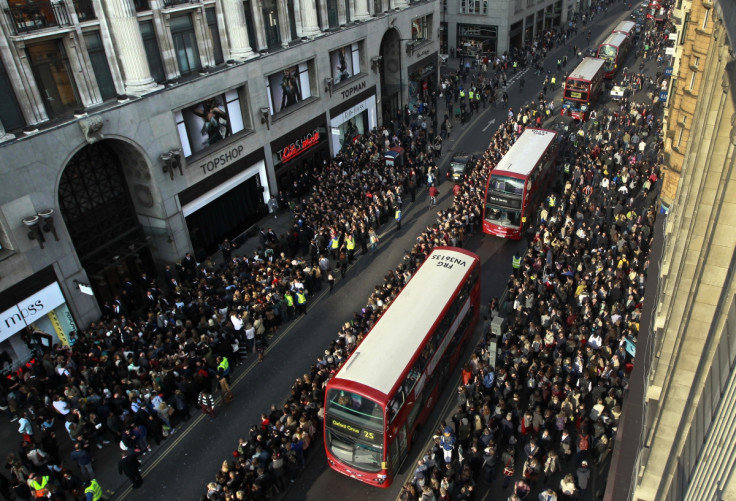Scientists: 60,000 Deaths from 'Dirty Diesel' Pollution in UK Each Year
Deaths from diesel-related illnesses not counted in official figures

Up to 60,000 people may be dying prematurely every year as a result of air pollution caused by "dirty diesel", according to a panel of scientific experts quoted in the Sunday Times.
The government's scientific advisory body, the Committee on the Medical Effects of Air Pollutants, obtained the shocking figures by analysing the impact of nitrogen dioxide (NO<sub>2), which is mainly emitted by diesel engines.
Some 29,000 people are believed to die prematurely as a result of air pollution in the UK, but this excludes deaths as a result of diesel emissions. If diesel-related deaths are taken into account, the percentage of early deaths as a result of air pollution would rise from between 5% and 9% to between 10% and 18%.
Professor of Environmental Health Frank Kelly, who heads the King's College-based research group, says worst affected by NO<sub>2 are those in the inner cities who suffer from health problems such as lung disease, asthma and heart problems.

"Since more than 60% of the population live in urban areas, where pollution is the highest, and they are breathing polluted air over decades, the additional small risk accumulates to these distressing figures," said Kelly.
London is the worst-affected of all areas in the UK.
In a recent report, published on behalf of Mayor Boris Johnson, it was claimed NO<sub>2 kills around 2,600 people in the capital every year.
Johnson was forced to make an embarrassing U-turn earlier this year when he disputed a presentation by the King's College team that London's Oxford Street was one of the most polluted streets in the world.
On reading the findings Johnson tweeted: "B*ll*cks: ludicrous urban myth. London air qual better than Paris and many other Euro cities- and go to Beijing or Mexico city."
B*ll*cks: ludicrous urban myth. London air qual better than Paris and many other Euro cities- and go to Beijing or Mexico city@JonRegnart
— Boris Johnson (@MayorofLondon) July 16, 2014However following an exchange of letters with the Environment Audit Committee (EAC) of MPs Johnson backtracked, writing: "We are not disputing King's college data, but rather only asking only that in future more rigour will be applied to public statements."
Environmental audit committee chairwoman Joan Walley says if the findings on diesel are correct "the problem of air pollution could be on a par with smoking in terms of lives lost".
Campaign group Clean Air in London is calling for diesel to be banned from the busiest parts of cities in the same way coal was banned some 60 years ago as a result of the Great Smog of 1952, which is believed to have caused the death of between 4,000 and 12,000 people.
© Copyright IBTimes 2025. All rights reserved.






















